THAI NGUYEN Raising chickens organically helps people in Phu Binh district minimize the use of synthetic antibiotics and reduce environmental pollution.
Members of Tan Tien Hill Chicken Cooperative, Tan Khanh Commune (Phu Binh, Thai Nguyen) after receiving support from the Center for Research, Transfer and Services of Organic Biotechnology (Vietnam Organic Agriculture Association) through the Central Agricultural Extension Project for the period 2022 - 2024 have made a strong change in production activities, brand building and constantly increasing income.
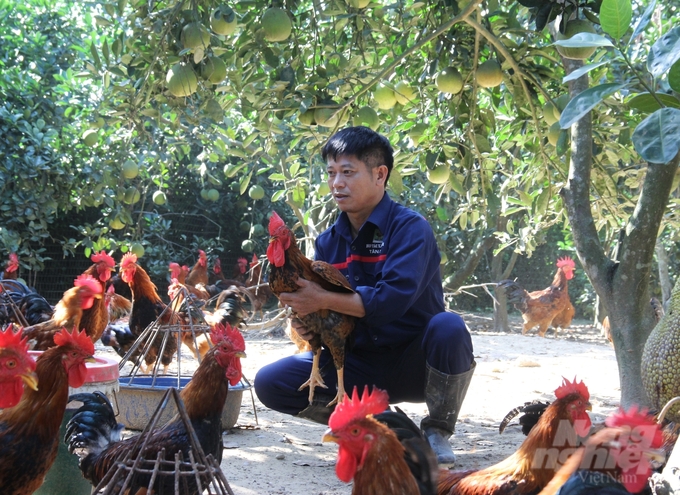
According to Mr. Truong Van Huong, organic farming helps save a lot of money on buying antibiotics to prevent diseases for chickens. Photo: Trung Quan.
Mr. Truong Van Huong, a member of the cooperative, shared that his family raises about 15,000 chickens each year. Previously, care was mainly based on experience and “learning by heart”, feeding chickens industrial feed, preventing and treating diseases completely with antibiotics… so the investment cost was high.
It is also this farming habit that makes Mr. Huong feel vague and distrustful when approaching the new organic farming method. Because according to the new method, farmers minimize the use of antibiotics to prevent and treat diseases for chickens, instead using biological products mixed with food to increase the natural resistance of livestock. At the same time, using microbial products sprayed and mixed to create biological bedding to thoroughly treat odors and reduce dust in the barn.
“Each batch of chickens used to cost 15-20 million VND to buy antibiotics, so when hearing about raising chickens without antibiotics, no one believed it would be successful. However, when boldly applying and following the instructed techniques, they became ‘addicted’ to this method of raising because the chickens were healthy, grew well, had good looks, reduced 90% of respiratory diseases, and were sold 5-7 days earlier than with conventional raising methods,” said Mr. Huong.
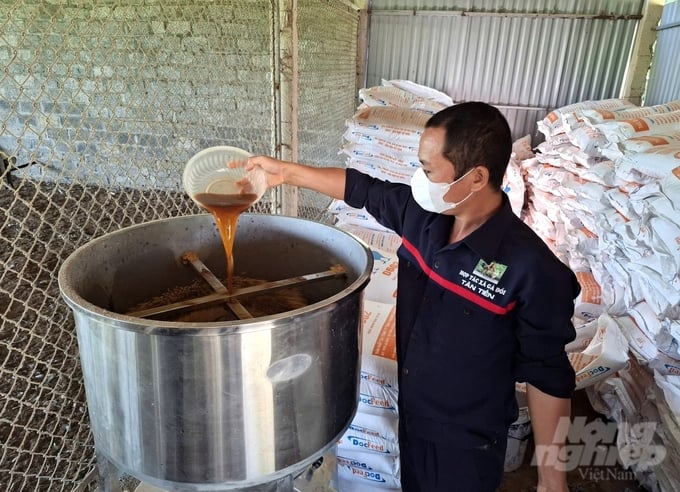
According to Mr. Nguyen Van Khoi, when mixing probiotics with food, chickens will increase their natural resistance, be less susceptible to disease, and grow quickly. Photo: Trung Quan.
Unable to hide his joy when the cost of raising livestock and labor was significantly reduced thanks to the application of organic technical processes, Mr. Nguyen Van Khoi (Tan Khanh commune) raised 150,000 chickens/year and said: The technical process of raising livestock in an organic direction sounds complicated but when applied, it is not difficult at all. Farmers only need to spend a little more effort mixing industrial feed with microbiological products, fermenting overnight and then feeding chickens, but the results are many times greater than the direct feeding method, minimizing and moving towards not using antibiotics for livestock, helping farmers ensure health, saving costs and care, and conveniently building a brand and expanding the market for consuming chicken meat products.
“The biggest difficulty with organic and safe livestock products is that there is no stable market. The main consumption channel is still through small traders, while consumers cannot distinguish the difference between organic and conventional products, so the true value of the product has not been identified. If there are processing enterprises accompanying to form a chain of links and stabilize the output, this form of livestock farming will certainly be quickly replicated,” Mr. Khoi assessed.
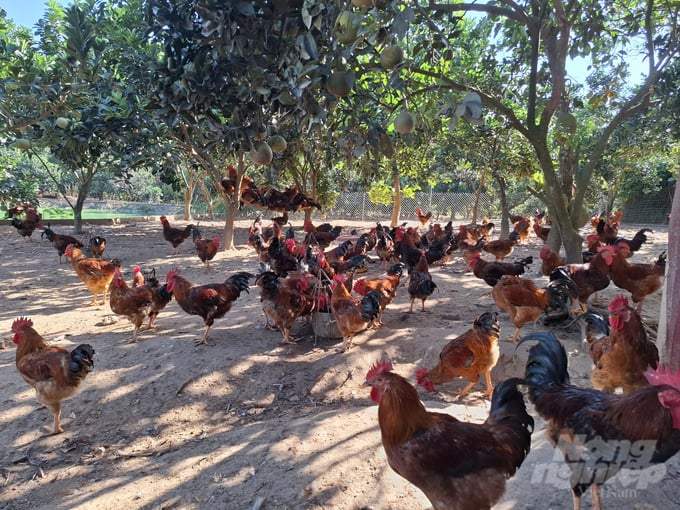
Organic farming helps households minimize the use of synthetic antibiotics and reduce environmental pollution. Photo: Trung Quan.
Ms. Tran Thi Hanh, Director of the Center for Research, Transfer and Services of Organic Biotechnology, informed that after 3 years of implementing the project to build a model of organic broiler farming and OCOP certification associated with linking product consumption in Hanoi and Thai Nguyen, the cooperative has achieved very positive results.
The application of new farming processes has helped households solve two major problems: minimizing the use of synthetic antibiotics in livestock farming and minimizing environmental pollution. More importantly, consumers can use quality products that are safe for their health.
A positive sign is that after the project ended, many households found the new farming method effective and took the initiative to learn and replicate it. In the coming time, in addition to continuing to provide technical support, the Center will provide training and transfer biological product production processes so that cooperatives and households can proactively develop plans to develop livestock farming scale.
Source: https://nongsanviet.nongnghiep.vn/giai-bai-toan-lon-nho-chan-nuoi-ga-theo-huong-huu-co-d403586.html



![[Photo] Nhan Dan Newspaper announces the project "Love Vietnam so much"](https://vstatic.vietnam.vn/vietnam/resource/IMAGE/2025/4/17/362f882012d3432783fc92fab1b3e980)
![[Photo] General Secretary To Lam receives CEO of Warburg Pincus Investment Fund (USA)](https://vstatic.vietnam.vn/vietnam/resource/IMAGE/2025/4/18/7cf9375299164ea1a7ee9dcb4b04166a)
![[Photo] The beauty of Ho Chi Minh City - a modern "super city" after 50 years of liberation](https://vstatic.vietnam.vn/vietnam/resource/IMAGE/2025/4/18/81f27acd8889496990ec53efad1c5399)
![[Photo] Closing of the 4th Summit of the Partnership for Green Growth and the Global Goals](https://vstatic.vietnam.vn/vietnam/resource/IMAGE/2025/4/17/c0a0df9852c84e58be0a8b939189c85a)
![[Photo] National Assembly Chairman Tran Thanh Man meets with outstanding workers in the oil and gas industry](https://vstatic.vietnam.vn/vietnam/resource/IMAGE/2025/4/17/1d0de4026b75434ab34279624db7ee4a)






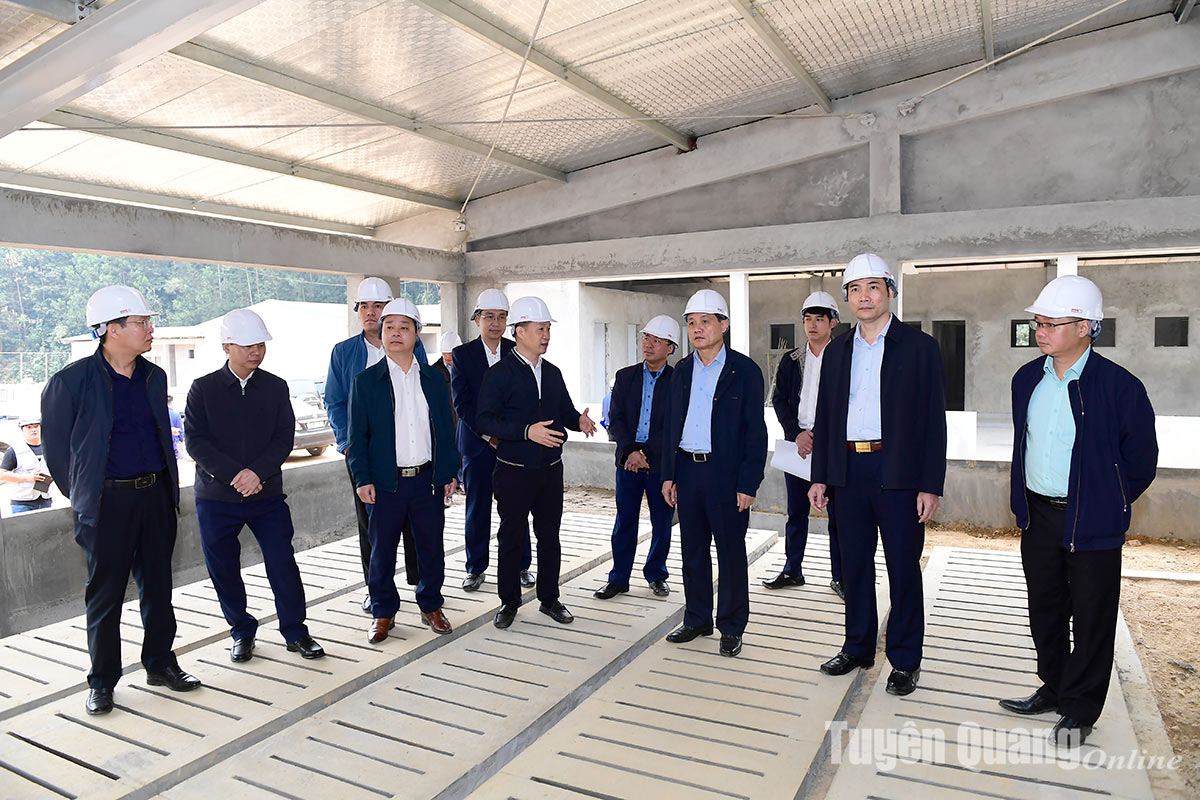



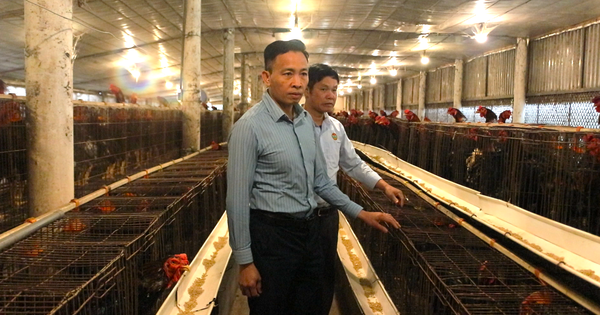


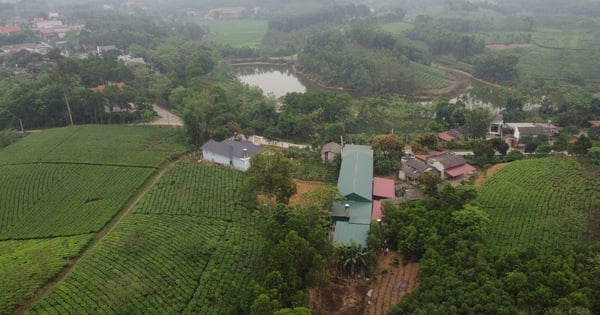
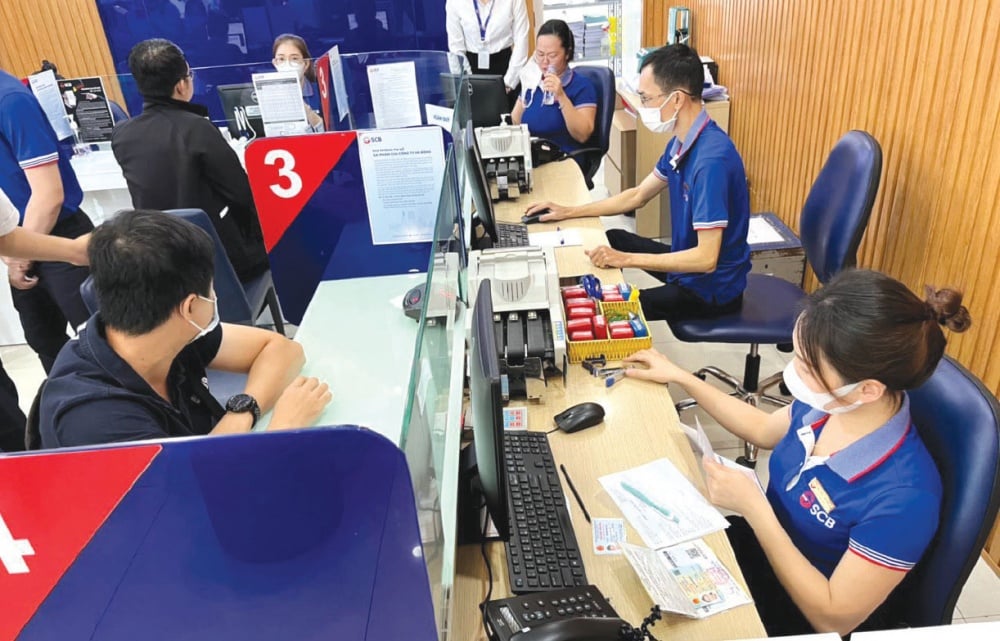
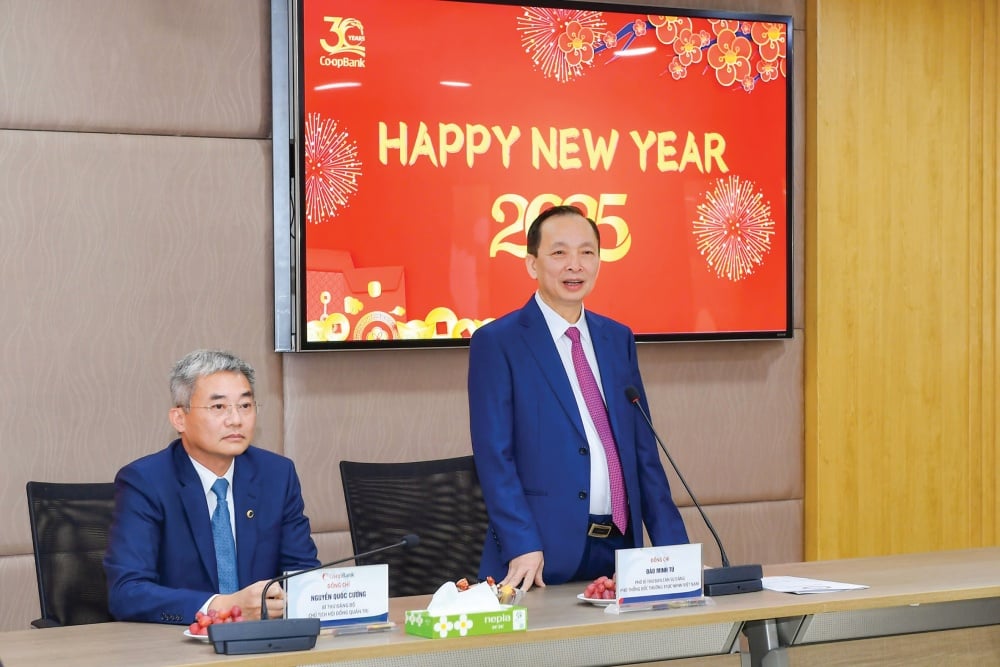






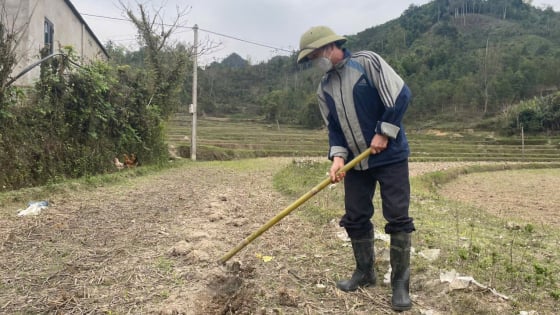
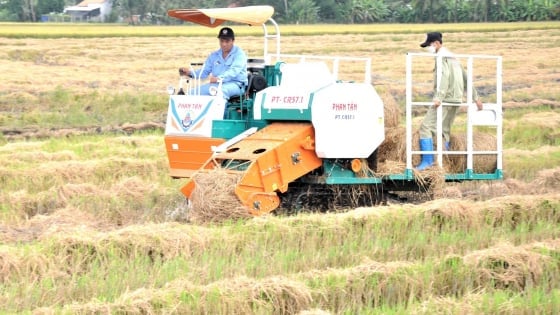

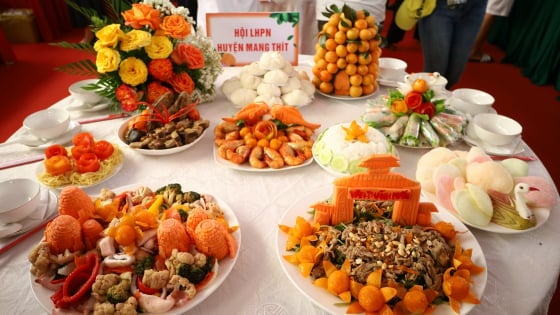
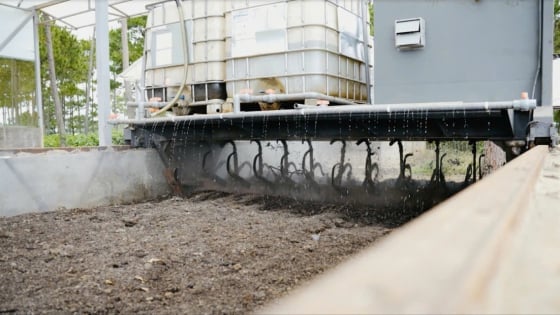
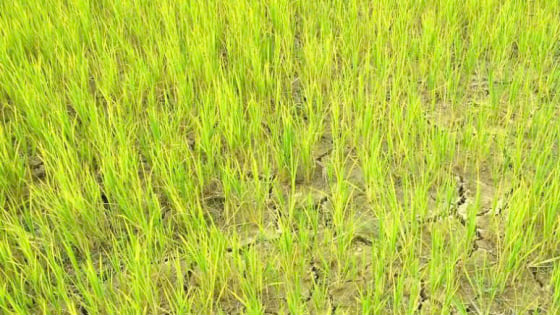
![[Photo] Promoting friendship, solidarity and cooperation between the armies and people of the two countries](https://vstatic.vietnam.vn/vietnam/resource/IMAGE/2025/4/17/0c4d087864f14092aed77252590b6bae)


























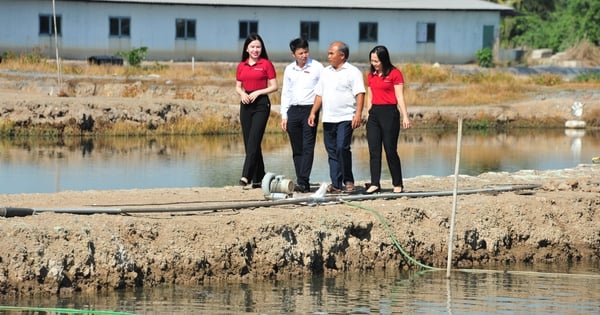



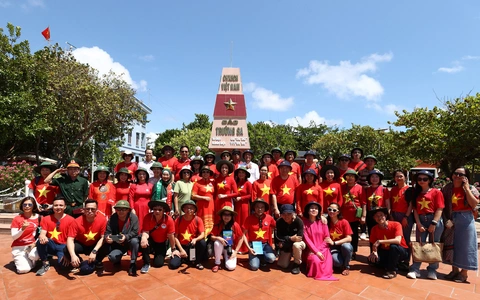













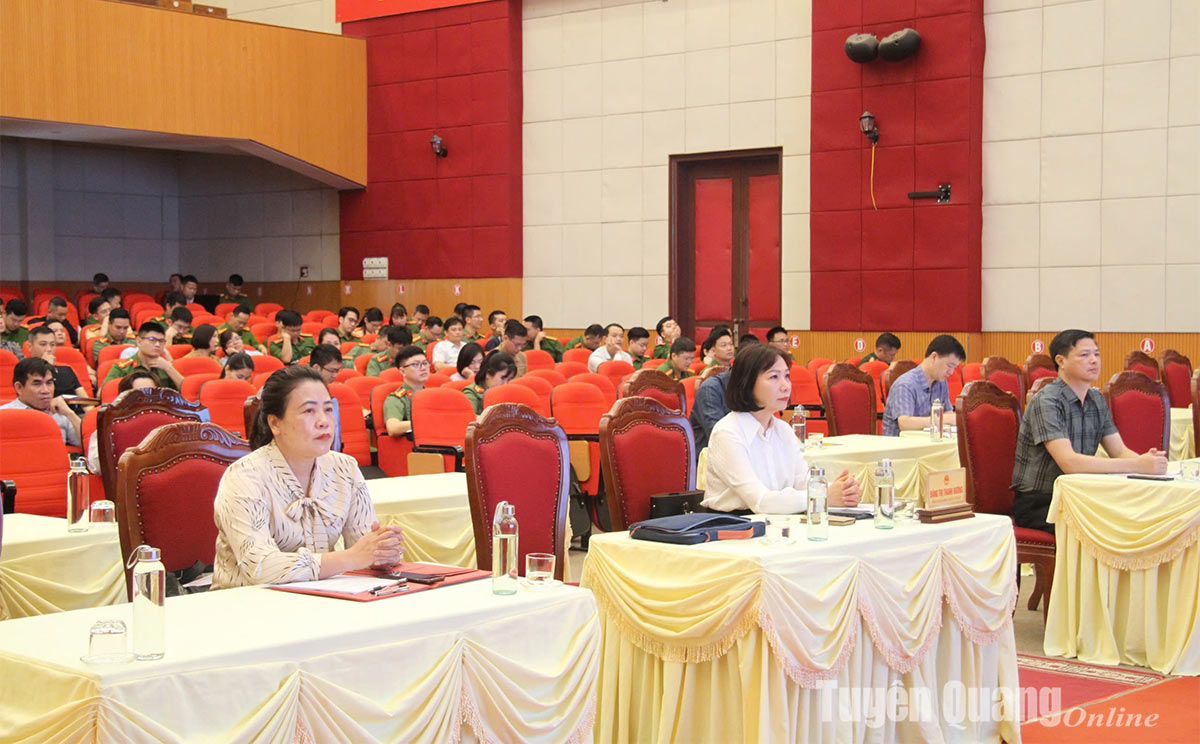

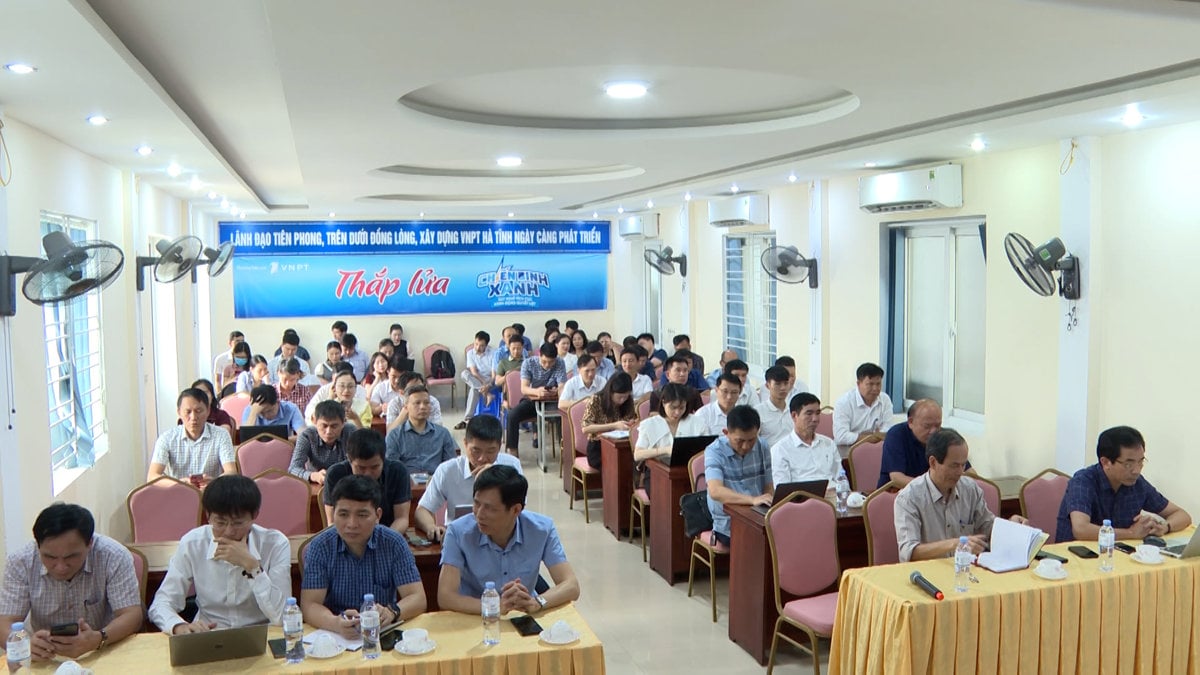



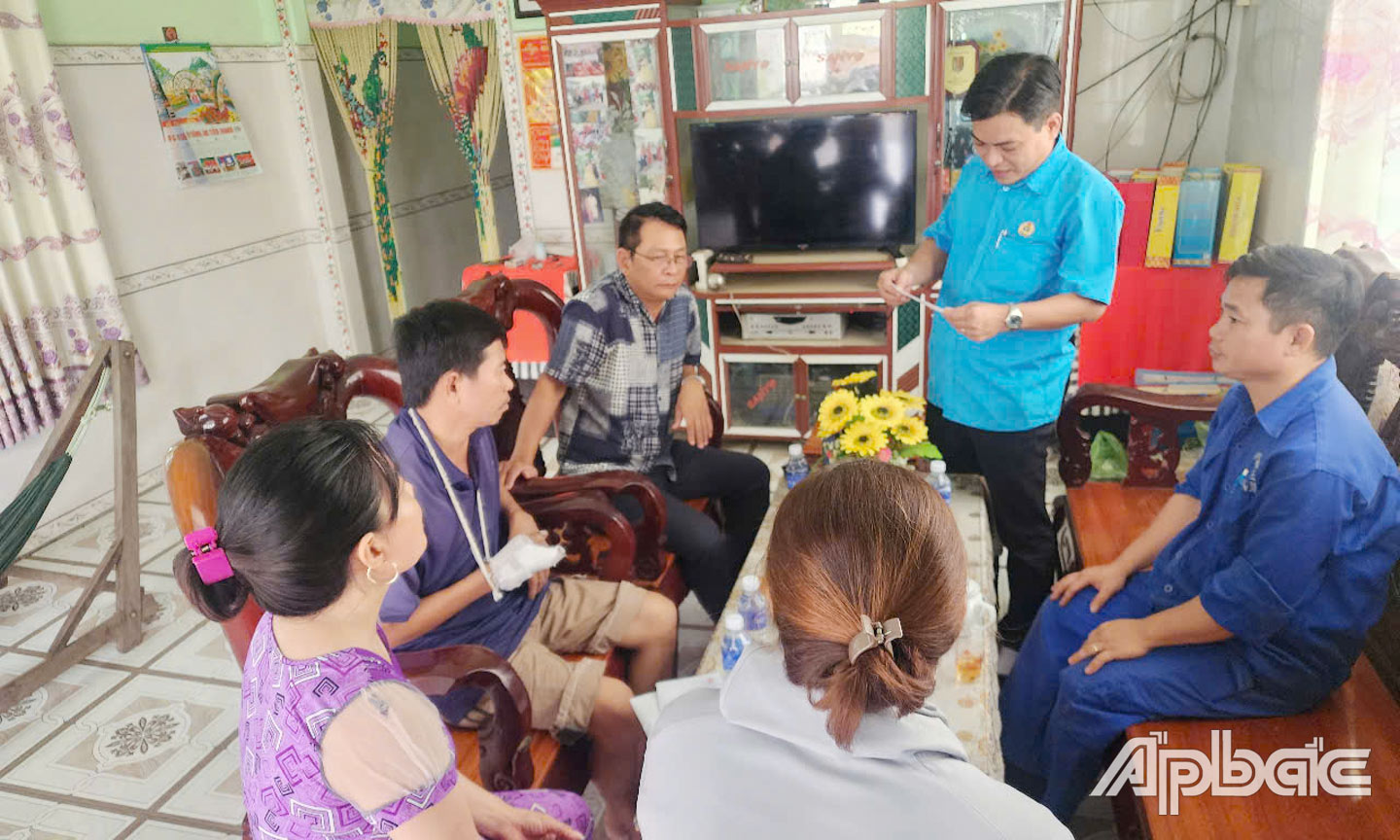

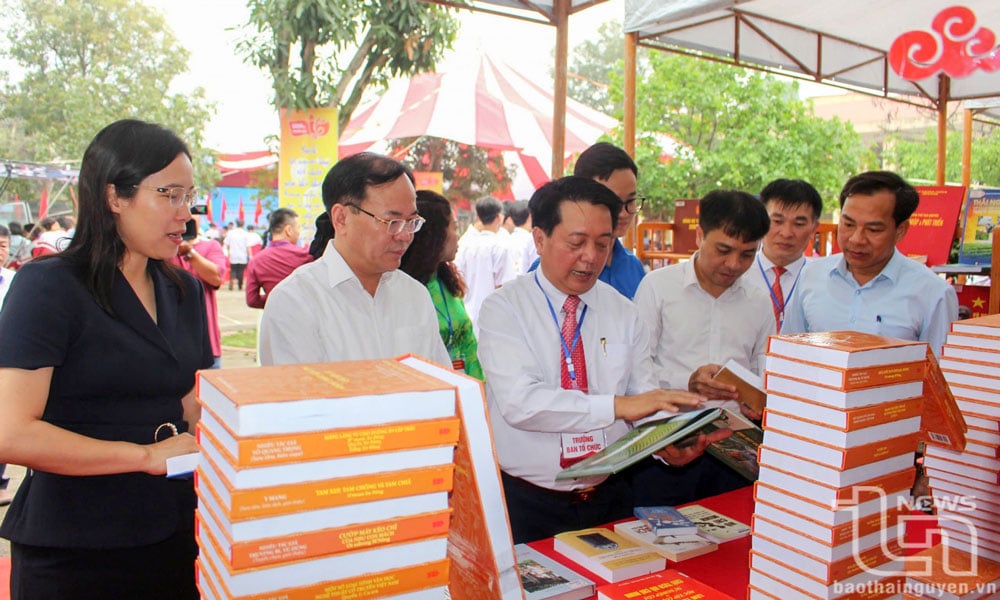












Comment (0)